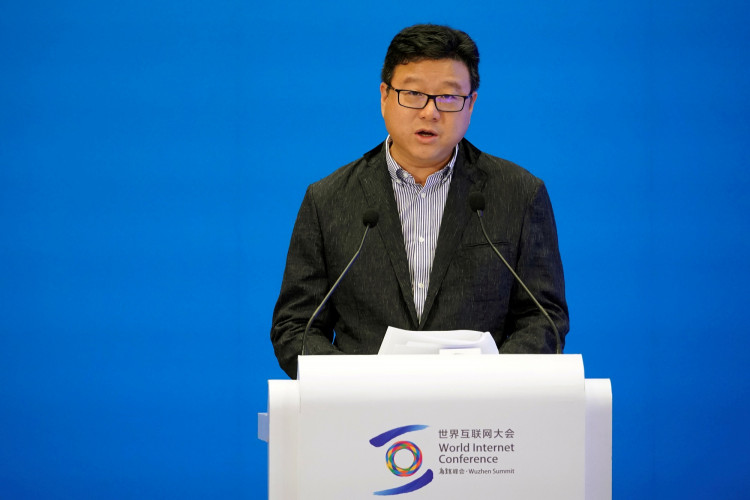William Ding Lei, the founder and chief executive officer of NetEase, has proposed that computer programming should become part of China's education curriculum and that it should be taught to children at a very young age. The executive made the statement in a proposal at the nation's Two Sessions event on Thursday, asking officials to make coding a mandatory requirement in all schools.
Lei pointed out that most parents in China are already enrolling their children in coding classes. By adding programming in China's compulsory basic education curriculum, the country can ensure a level playing field for all students after they graduate from school, while also securing a steady stream of new local talents.
The proposal submitted at the event, which is China's annual plenary session for the People's Congress and the Chinese People's Political Consultative Conference (CPPC), suggested that the country should have a continuous programming curriculum that starts from primary school to senior high school. By starting at a young age, students should easily pick up the skill.
Lei, a member of the CPPC, suggested that officials set up a digital education platform focused on computer programming to accelerate the adoption of a nationwide program. He stated that the country should take advantage of online-based education, a practice that saw an increase in usage during the coronavirus pandemic. Since the start of the year, the use of online learning methods had skyrocketed, as authorities postponed the opening of schools to mitigate the spread of the disease.
NetEase currently operates its own online learning unit called Youdao. During the first quarter of this year, Youdao reported an increase in net revenues of over 140 percent year-on-year thanks to an increase in sales of its online courses.
Apart from including coding as part of school curriculums, Lei proposed that China should make it part of academic examinations. This would make coding a much more in-demand aspect of the country's education system. The proposal is in line with China's goal of becoming a global technological leader, in advanced applications such as artificial intelligence, autonomous driving, and cryptocurrency.
Despite China's push to become a global leader in advanced technologies, the country's programming prowess still lags behind other countries. This has mainly been attributed to its education system, which does not put an emphasis on more advanced computing subjects.
In terms of programming education, China does lags behind countries such as Israel and the United States. In Israel, coding is a compulsory course for all high school students. Both the US and the UK have a national computing curriculum, teaching students as young as five-years-old how to write code.






